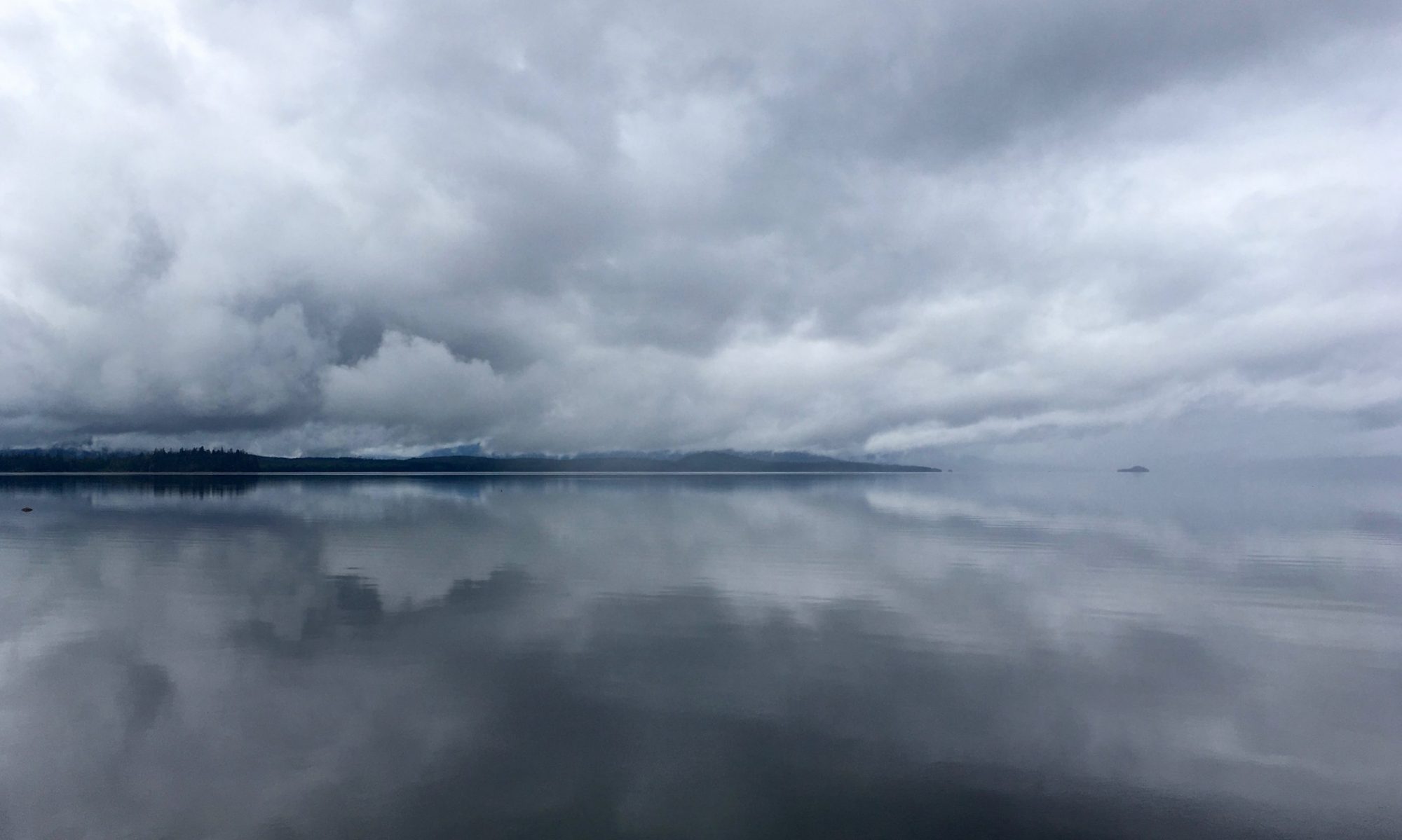This autumn, I am very excited to be part of two new projects designed to involve students in research on the history of mid-nineteenth-century British Columbia, with a particular focus on the Fraser River and Cariboo gold rushes. Both projects bring together my research interests and pedagogical priorities, along with my commitment to the accessibility of history-related resources. In particular, both projects prioritize student involvement, training, and skill development in archival research and public history; and the creation of new research resources (including digitized archival collections) for future historians and members of the public interested in British Columbia’s gold rush history. Read on for more information, and stay tuned for further details as these projects develop.
The first of these projects is entitled Gold Rush in the Digital Age: Immersing UBC Students in Primary Sources in an Online Environment. This is a Flexible Learning initiative funded by the Teaching and Learning Enhancement Fund at the University of British Columbia, which I am undertaking in collaboration with Paul Joseph (Systems Librarian) and Larissa Ringham (Digital Initiatives), and with the support of a number of units across the university (University Archives, UBC Library’s Digital Initiatives, Systems and Information Technology, and the Department of History). In the 2014-15 offering of History 305: History of British Columbia, my students will be working closely with a collection of gold-rush letters, recently acquired by UBC’s Rare Books and Special Collections, in order to transcribe, describe, and analyze primary sources never before used by historians. This work will not only offer a rare and valuable immersive experience in the research process for students, but it will also contribute to the creation of a digital collection of letters, to be made available to future researchers through UBC’s ever-fabulous Digital Initiatives. Through this project, I have also been developing teaching resources – particularly related to transcription and archival research in the classroom – which will be made available later in the year.
Second, beginning in the 2014-15 year, I am launching a multi-year Gold Rush Program through the Department of History. This program will provide employment for outstanding History students at any stage of their undergraduate studies at UBC. More specifically, students hired into my “lab” will receive training, mentorship and experience in historical research, while working with archival sources related to British Columbia’s mid-nineteenth-century gold rushes—an understudied but important topic in the province’s history. Students’ training and work will focus on collection, transcription, and description of archival materials from across the province; they will also receive training and experience in public history writing, and will write short pieces on their research findings and experiences for the project website (to follow). In addition, the work conducted by student researchers will contribute to the creation of invaluable new resources, such as digitized archival collections, for future historians to use. If you are a UBC student interested in history-related employment, please stay tuned for my call for applications later this autumn.
